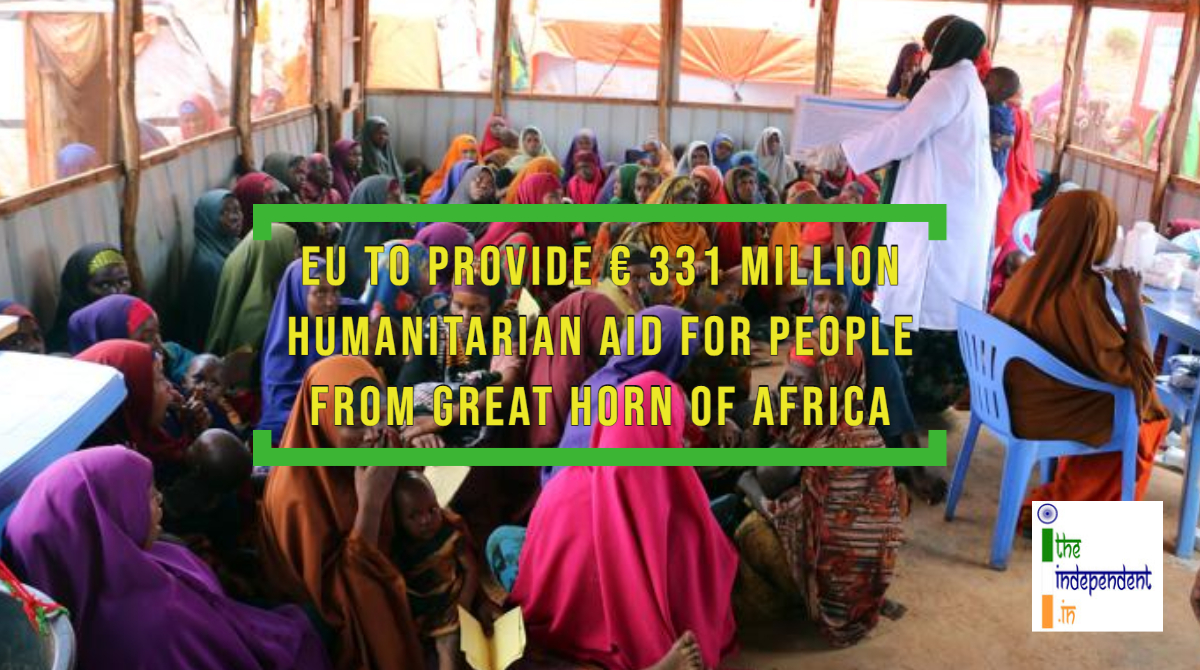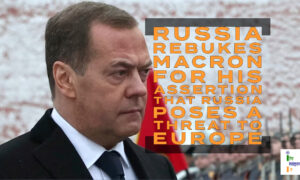
European Commission will provide € 331 million humanitarian aid to 50 million people from the Great Horn of Africa
The European Commission has announced to provide € 331 million in humanitarian aid to help 50 million people from the Great Horn of Africa region who are in urgent need of food assistance.
The funds will primarily target food insecurity as well as address the needs of displaced persons and refugees, disaster preparedness and education in emergencies.
The funding will support humanitarian projects in Djibouti (€ 500 000), Ethiopia (€ 60.5 million), Kenya (€ 12.5 million), Somalia (€ 72 million), South Sudan (€ 82 million), Sudan (€ 73 million) and Uganda (€ 30 million).
Speaking on the occasion, the European Commissioner for Crisis Management – Janez Lenarčič, said, “We have mobilized substantial financial resources to address the deteriorating humanitarian situation in the Greater Horn of Africa. Humanitarian needs are at their highest ever in some countries, with the situation being particularly dire in Somalia, Ethiopia, South Sudan and Sudan. The drought in the Horn of Africa, combined with the repercussions of Russia’s war of aggression against Ukraine, has resulted in unprecedented levels of food insecurity. Conflict and climate-change related hazards continue to result in internal displacement, and cross-border refugee flows.”
Of the total funds allocated to the Greater Horn of Africa, around € 8 million will be dedicated to disaster preparedness. Particular emphasis will also be placed on promoting respect for International Humanitarian Law.
Around 14.5 million people are displaced in the Greater Horn of Africa region, while around 4 million are refugees. Millions in the region are food insecure. In Somalia, 8.25 million people are in need of urgent humanitarian assistance in 2023. People in South Sudan are facing the highest levels of food insecurity since the country became independent, with the highest proportion of the population facing acute food insecurity worldwide.
In Sudan, humanitarian needs are the highest they have been in a decade, due to the combined effects of the political and economic crisis, skyrocketing inflation, the consequences of the Russian war of aggression against Ukraine, poor harvests, and floods, resulting in 15.8 million people in need of humanitarian assistance.
In Ethiopia, the funds will be used to address the massive humanitarian needs resulting from the 2-year conflict in the North of the country, the drought, large population displacements and influx of refugees as well as additional localized conflicts. Kenya is also facing the dire consequences of the unprecedented drought and massive influx of refugees. Uganda, hosting the largest refugee population in Africa, had to deal recently with the additional threat of the Ebola epidemic in the country, between September 2022 and January 2023. At the same time, Uganda continues to receive large numbers of people fleeing conflicts in neighbouring countries.







